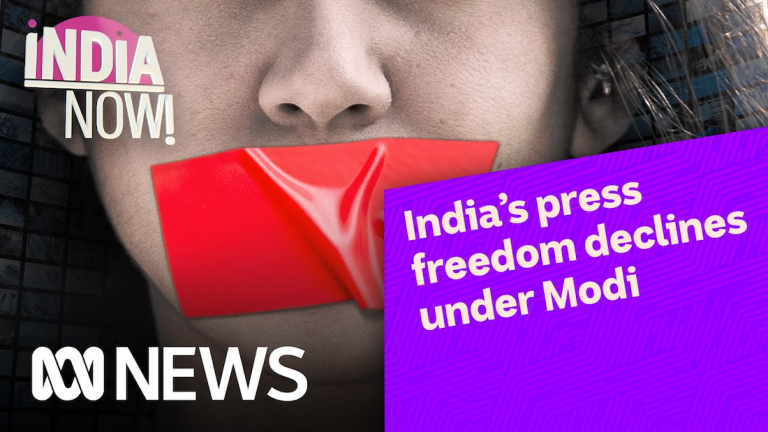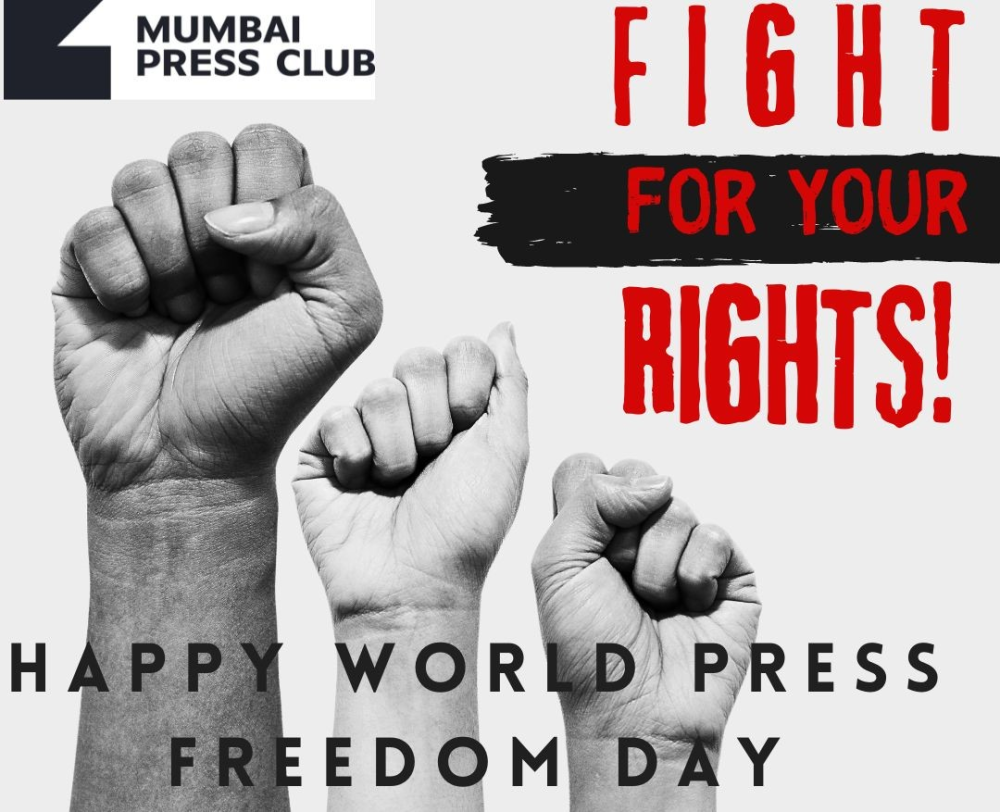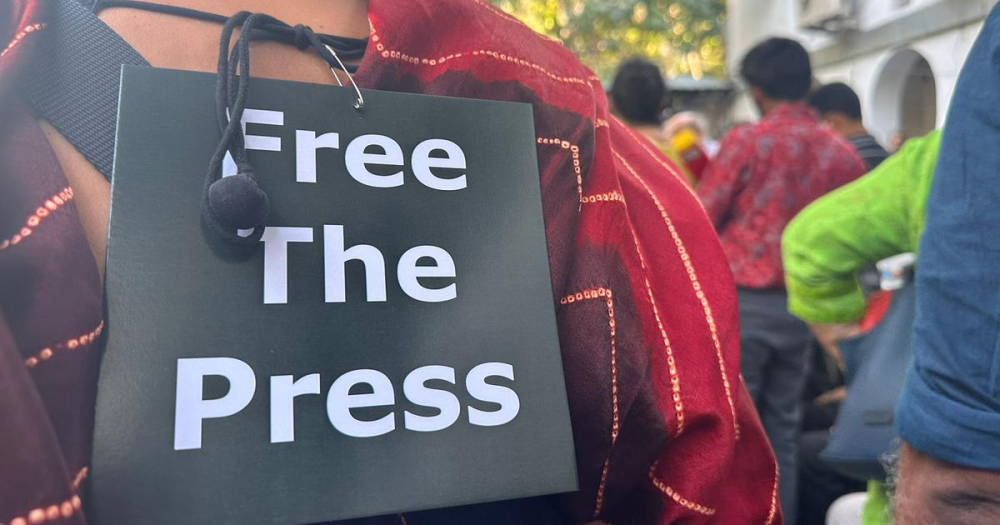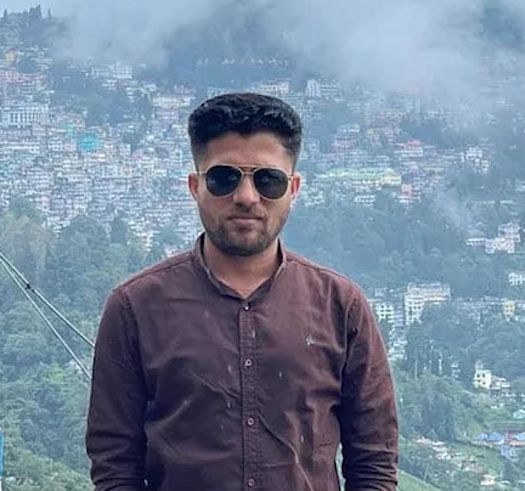

Artists, Comedians and filmmakers also face increasing censorship and legal threats in India’s most liberal city.
Mumbai — Often celebrated as India’s most liberal city and the heart of its entertainment industry, Mumbai is witnessing a troubling trend: a clampdown on free speech that is silencing journalists, artists and comedians.
This development is part of a broader national pattern where freedom of expression is increasingly under threat, raising concerns about the erosion of democratic values in India’s cultural capital.
Recent Incidents Highlight Growing Censorship

Recent incidents have brought this issue to the forefront. Stand-up comedian Kunal Kamra faced severe backlash after criticizing former Maharashtra Chief Minister Eknath Shinde in his act. A mob attacked the performance venue, leading to its closure, and police summoned audience members for questioning. Although the Bombay High Court stayed Kamra’s arrest, investigations are ongoing, casting a shadow over his career and the comedy scene in Mumbai.
Similarly, the film “Phule,” which portrays the life of social reformer Jyotirao Phule, faced delays in its release due to objections from three Brahmin groups who claimed it portrayed their community unfavorably. The film was only released on April 25 after complying with the Censor Board’s requirements. These incidents highlight the growing challenges faced by creators who tackle sensitive political or social issues, as both political and caste-based sensitivities trigger censorship.
Historical Context: A Shift Since 2014

The roots of this crackdown can be traced back to 2014 when the Far-right Bharatiya Janata Party (BJP) came to power at the national level. Since then, there has been a noticeable increase in state-sponsored attacks on artists and media personnel.
Political commentator Raju Parulekar notes, “Any authoritarian regime is afraid that the truths hidden by them will be exposed by artists.
They might clamp down on the media, but if an artist exposes the truth differently, they feel their weakness is exposed.” This fear has led to a broader culture of censorship, particularly targeting those who challenge the status quo.
Historical precedents underscore the gravity of the situation. In 2021, comedian Munawar Faruqui was arrested in Indore and spent nearly a month in prison for allegedly hurting religious sentiments before even performing. In 2017, radio personality Malishka received a notice from the Mumbai Municipal Corporation for a satirical song about the city’s potholes. These cases illustrate the lengths to which authorities are willing to go to suppress dissenting voices.

Legal Risks and Constitutional Challenges
The legal framework in India adds complexity to the issue.
India’s Constitution, under Article 19, guarantees freedom of speech and expression but allows for “reasonable restrictions” in the interests of public order, morality, decency, sovereignty, and integrity.
However, these restrictions are increasingly used to stifle dissent.
Lawyer Anamika Jha, who started Attorneys for Creators to provide affordable legal services to artists, explains, “Creators face greater legal risks, especially when their content touches on political or religious themes. The line between what is acceptable and what is not has become blurred.”
This legal ambiguity has created a chilling effect. Comedian Aditi Mittal, one of India’s first female stand-up comedians, consults her lawyer and mother before finalizing her acts to avoid legal trouble.
“If they want to come after you, they will,” she said. “You could say
something as innocuous as ‘I like potatoes,’ and the next day, the
anti-potato association might be at your doorstep.” – Comedian Aditi Mittal
National Trends and Global Rankings
The crackdown in Mumbai is not an isolated phenomenon but part of a larger national trend. Amnesty International’s 2024 report on India highlights systemic violations of free speech through legal, administrative, and physical measures. The report notes 40 internet shutdowns in 2024 across nine states and one union territory, often justified as necessary to maintain law and order. Journalists and activists face harassment, arbitrary arrests, and detention under laws like the Unlawful Activities (Prevention) Act (UAPA). Additionally, Apple notified users of potential Pegasus spyware attacks, raising concerns about digital privacy.
India’s standing in global free speech indices reflects this deterioration. A study by The Future of Free Speech placed India 24th among 33 nations, between South Africa and Lebanon. This ranking underscores the systemic challenges facing free expression in the country
Impact on Mumbai’s Creative Industry
The clampdown threatens Mumbai’s reputation as a cultural powerhouse. The entertainment industry, a cornerstone of the city’s identity, is under strain as artists self-censor to avoid legal repercussions. Comedy, in particular, has been hit hard, with performers like Kamra and Mittal navigating a minefield of potential backlash. Filmmakers, too, face pressure to conform to societal and political expectations, as seen in the case of “Phule.”
This trend has broader implications for democracy. Free speech is a cornerstone of democratic societies, allowing for open debate and accountability. When artists are silenced, the public loses access to diverse perspectives, weakening the democratic fabric. While some argue that restrictions are necessary to prevent social unrest, others contend that they disproportionately target marginalized voices and critical perspectives.
A Call for Balance
The situation in Mumbai raises critical questions about the balance between free expression and societal order. While authorities may argue that restrictions are needed to maintain harmony in a diverse society, the increasing use of legal and extralegal measures to silence artists suggests a need for reevaluation.
The resilience of Mumbai’s creative community will be crucial in preserving the city’s liberal ethos and ensuring that free speech remains a fundamental right.
As the battle over free speech intensifies, Mumbai stands at a crossroads. Will it continue to be a beacon of creativity and openness, or will the forces of censorship prevail? The answer will shape not only the city’s future but also India’s democratic trajectory.
Mumbai’s Free Speech Crackdown: The Press Under Siege (May 3, 2025)